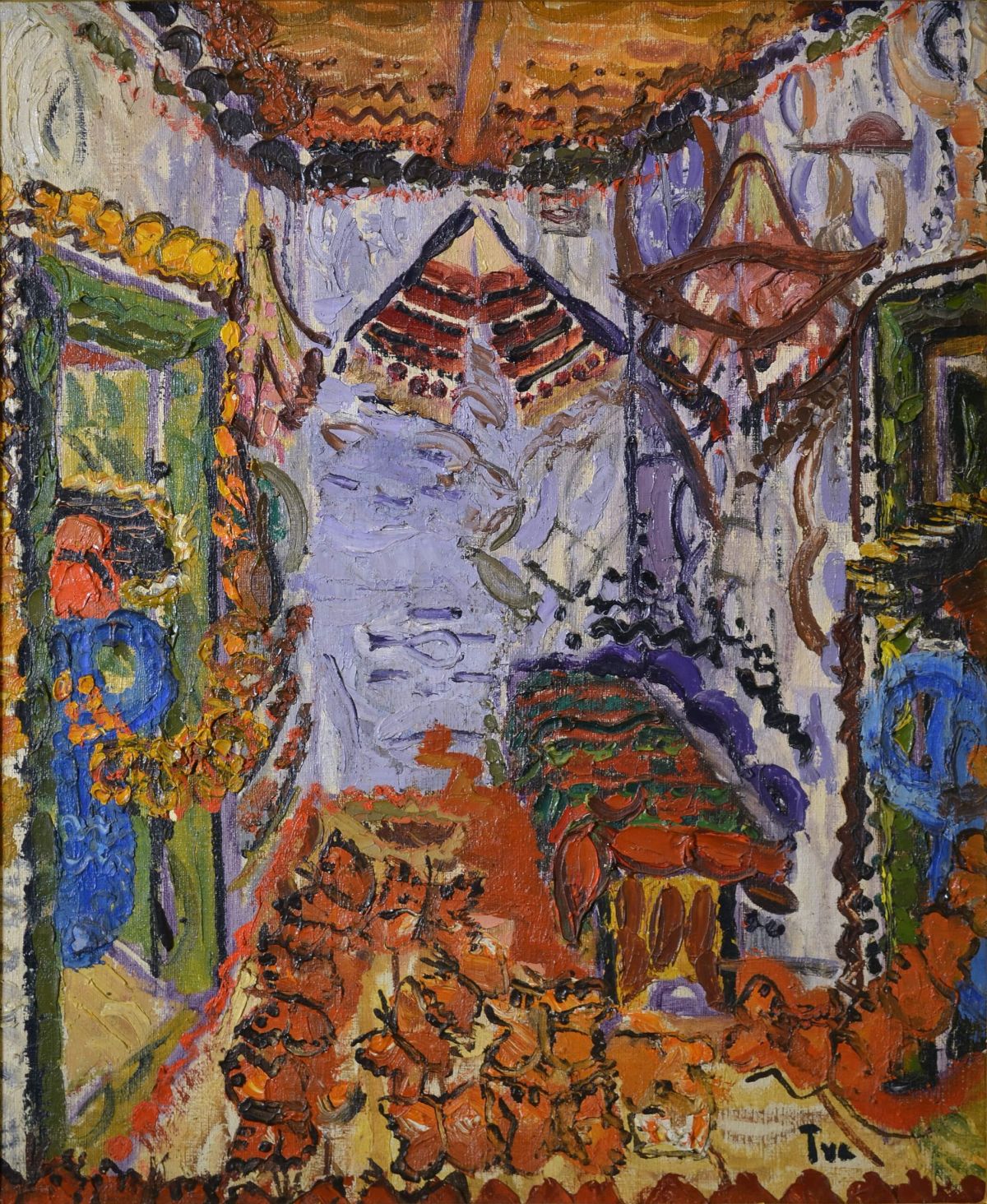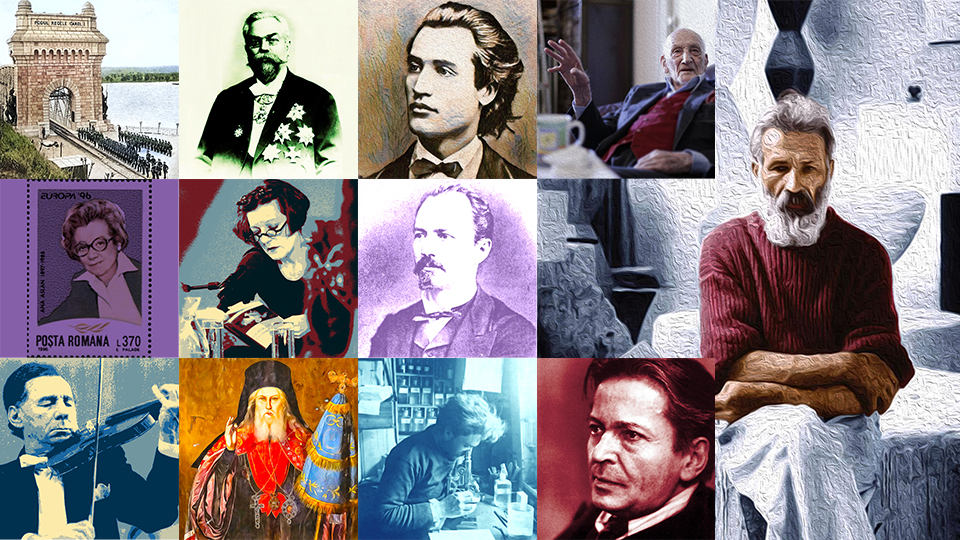Caves in Gorj County
Polovragi Cave and the Women's Cave are two of the most interesting destinations in Gorj County.

Christine Leșcu, 16.01.2016, 14:15
Located
in Parang Mountains, on the border between the counties of Gorj and Valcea, the
Polovragi Cave is a well-known tourist attraction, also thanks to the
picturesque landscapes surrounding it. Not far from it there stands the
Polovragi Monastery, probably built there in recognition of the cave’s
traditional role of sheltering hermits. Going back to the Copper Age, the cave
has along the centuries been a refuge for both people and animals. Its total
length is not known yet, but the section that can be visited by tourists is
approximately 600 m long. Both the
inside and the area surrounding the cave are attractive to tourists, as guide
Felicia Bantea told us:
First
of all, those who want to reach the cave have to cross the Oltet Gorges. They
are very narrow and steep, and the landscape around them looks very wild. The
two slopes of the Parang and Capatanii Mountains are very close to one another,
and the Oltet River flows right between them. The cave has not been changed,
except for the modern lighting system that was installed in the section that
can be visited by tourists. The system provides only cold light, in order not
to bother the bats that live there and to prevent vegetation from growing on
the limestone on the cave’s walls. In order to visit the cave, people can walk
on a sandy trail, along the old bed of Oltet River, which carved the cave.
Although
carved in limestone, the Polovragi Cave does not have the typical columns that
usually render such caves particularly impressive. The ceiling in the area that
can be visited is very high, therefore columns cannot form there. However, the
Polovragi Cave has its own attractions, as Felicia Bantea told us:
All
the stalagmites, domes and other formations have a long history. For instance,
there are many legends about the supreme god of our Dacian ancestors, Zamolxis,
and there is a karstic formation in this cave called ‘The Throne of Zamolxis’.
Also, there are some very old charcoal drawings, which are still visible on the
cave’s walls, probably made by the hermits who used to live at the Polovragi
Monastery, which is one kilometre away from the cave. Also, there is a colony of
some 1,000 bats here. The water here is very rich in iron. ‘Red water’
literally oozes from the ceiling, that’s why the place is known as the
‘Bleeding vault’, and right underneath there is a pool whose water never leaks,
also because the iron has formed a water-tight crust. The pool is called the
Spring of Hopes, and it helps blood coagulate, in case of minor injuries. There
are also other ‘therapeutic’ sites in Polovragi Cave.
Also in Gorj County, close to the small town of
Baia de Fier, tourists can visit Pestera Muierilor, the Romanian for the
Women’s Cave. It was formed by Galbenu river, which flows inside the cave to
this day. The name of the cave dates as far back as the Middle Ages, when women
would gather in an entrance hall, where they would spin hemp and flax. Slightly
more than 900 meters in length, the Women’s’ Cave can be visited in its
entirety, unlike the Polovragi Cave. Felicia
Bantea explains:
This is the
first cave in Romania especially arranged for tourist purposes, and that is why
it is probably the best-known in the country. It was opened to tourists in the
1960s. The Galbenu Gorges being quite broad, there was room enough for a road
to be built, so access by coach is quite easy. Because the entrance ways to the
Women’s Cave are more accessible, at ground level, bears could also get there
in the old days. Hundreds of complete Ursus Peleus skeletons were found there, which is not the
case with the Polovragi Cave. An Ursus Peleus skeleton is being exhibited here.
This species lived until 15,000-20,000
years ago, and was a bigger size than today’s bear. Cave bears and the cave men
lived somewhat during the same time. Skeletons of other pre-historic animals
were also found here, mostly of the animals bears would feed on at that time.
Yet the main attraction of the Women’s Cave are its
spectacular karstic formations. One of them is known as The Organ, because it
resembles the musical instrument. There is also the Altar Hall, where the
18-meter high ceiling is shaped like a church dome. Another chalk formation is
known as The Pulpit, while another unusual shape is called The Big Chandelier.
Here as well, the iron oxide in the water has coloured the walls and the
ceiling.






























